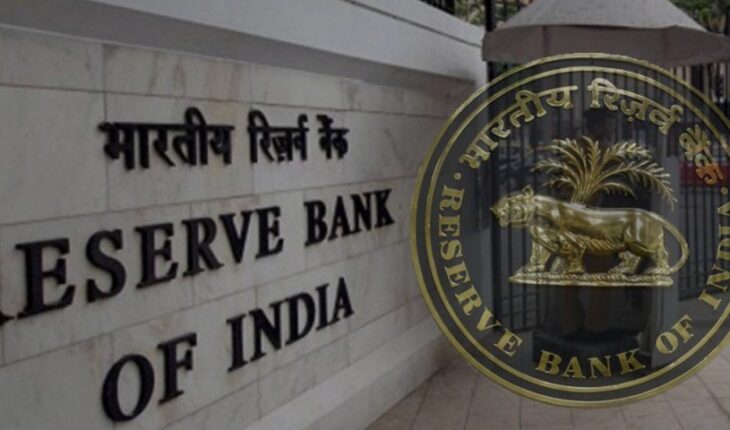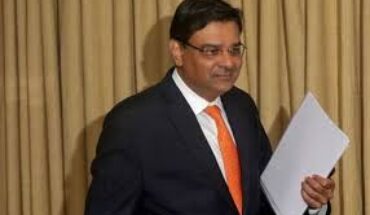New Delhi : Global growth may slow further in 2024 while disinflation at varying paces in different geographies may pave the way for interest rate reductions, the Reserve Bank of India (RBI) said on Wednesday in its latest bulletin.
The central bank provided insights into the economic landscape, government finances, inflation dynamics, and monetary policy.
In India, ongoing economic revitalisation is anticipated to continue, driven by decreasing input costs and improved corporate profitability.
Despite a spike in CPI inflation to 5.6 per cent in November, largely attributed to recurring food price hikes, it is projected to ease to 4.6 per cent in the first three quarters of 2024-25.
The real economy’s enduring strength has buoyed domestic financial markets.
In a comprehensive half-yearly review, analysts Harshita Yadav, Kovuri Akash Yadav, Rachit Solanki, Saksham Sood, Anoop K. Suresh, Samir Ranjan Behera, and Atri Mukherjee examined the financial status of the Indian government for 2023-24.
Noteworthy points included the resilience of the fiscal position during the first half of the fiscal year, impressive growth in major central taxes, and a robust increase in capital expenditure, supported by revenue mobilisation and the ‘Special Assistance to States for Capital Investment’ scheme.
Deba Prasad Rath, Silu Muduli, and Himani Shekhar looked at the risk of stagflation in India. Stagflation is when the economy isn’t growing much, but prices are rising.
They found that certain events, like the Asian crisis, the global financial crisis, the taper tantrum, and the COVID-19 pandemic, increased the risk of stagflation. ‘Taper tantrum’ refers to a period of financial market volatility that occurred in 2013 when there was speculation and anxiety surrounding the potential tapering, or reduction, of the US Federal Reserve’s bond-buying programme known as quantitative easing.





